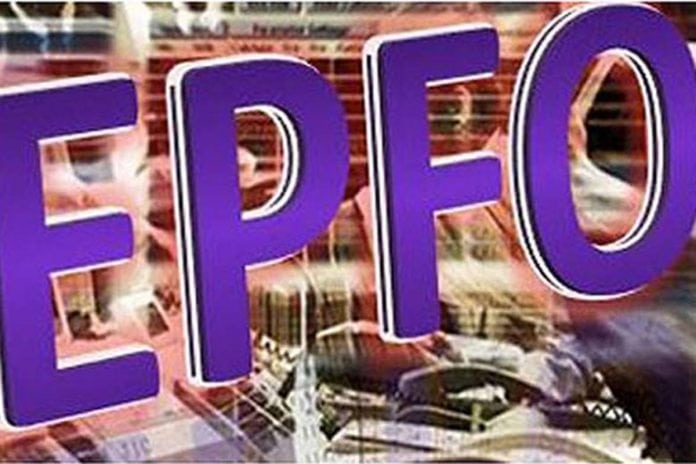HIGHLIGHTS
- There should not be any gap in contribution to PF to avail of the continuous service clause
- In the event of PF withdrawal before five years of continuous service, it will be taxable in the hands of the individual
If the Employees Provident Fund (EPF) is withdrawn before completion of five years of subscription, i.e., continuous service of five years, TDS (tax deduction at source) would be applicable and such withdrawal becomes taxable under the Income Tax Act. However, there are exceptions under which the period of five years is exempted, i.e., the service is terminated by reason of the employee’s ill health or discontinuance of the employer’s business or reasons beyond the control of the employee and in these instances, the withdrawal amount will be exempt from income tax. Likewise, if the employee finds another job and the total PF balance is transferred to the new PF account maintained by the new employer, the PF is considered to be continuous service. However, as per our understanding, there should not be any gap in contribution to PF to avail of the continuous service clause. And as you have joined the new employer after two months, there is a gap in continuous service and hence taxes are applicable.
In the event of PF withdrawal before five years of continuous service, it will be taxable in the hands of the individual—the employer’s contribution along with the interest accrued is taxable as “income from salary”. Employee’s own contribution is exempt from tax (to the extent not claimed as a deduction) and the interest accrued on the employee’s contribution will be taxable as “income from other sources”.


